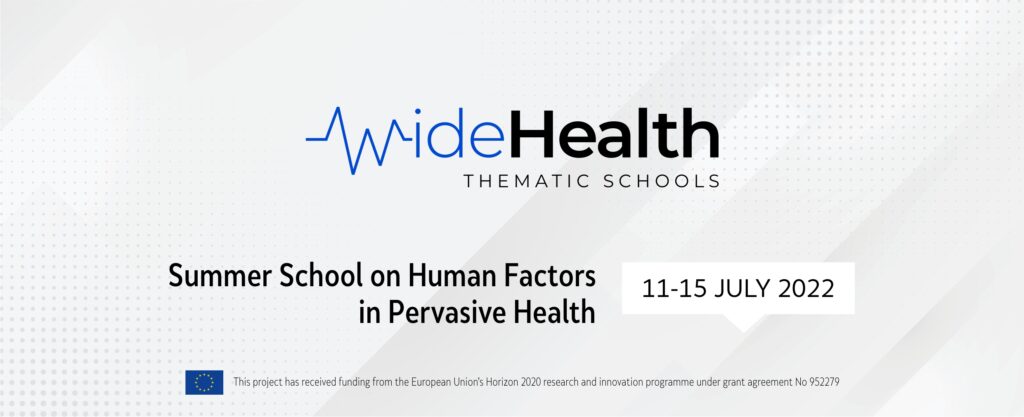WideHealth Summer School on Human Factors in Pervasive Health
“There is often a considerable difference between what we think people need and what people want to use”. This is our perspective on how technology should be developed and will serve as the motto of the 2nd WideHealth Thematic School with a focus on Humans Factors in Pervasive Health.
If you are an undergraduate or graduate student focused on improving your know-how on Pervasive technology applied to the health sector, do not miss the opportunity to attend our International Summer School that will be held at the Faculty of Sciences at the University of Lisbon, Portugal, from July 11 to July 15, 2022.
Through a set of lectures and hands-on activities, you will have the opportunity to go on a journey through the different stages of the Participatory design and User-Centred Design, which aim to raise awareness and provide you with the some of the required skills to develop accessible, and patient- and clinician-friendly pervasive technologies.
As it happened during the first edition of WideHealth Thematic School on e-Health & Pervasive Technologies, the 2nd WideHealth Thematic School will be held in a hybrid format (i.e., in-person and zoom attendance).
Registration Link
Registration for in-person attendance is now closed. Registration for online attendance is still open until the 6th of July 2022. Registration is free but mandatory and can be found at the registration link.
Agenda
The Final Programme is now available.
| Monday | 11.07.2022 | Phase 1 - Needfinding | |
| Time | Speaker | Session |
| 08:00–08:15 | Welcome and Registration | |
| 08:15–08:30 | Tiago Guerreiro | Opening session |
| 08:30–09:30 | Lecture: On Humans and Technology - how we (fail to) perceive the world around us | |
| 09:30–10:30 | Hugo Nicolau | Lecture: Opportunities for Technologies to Enhance the Quality of Life of Stroke Survivors and their Families |
| 10:30–11:00 | Coffee Break | |
| 11:00–12:00 | Osvaldo Santos | Lecture: Uncovering users’ needs and expectations: qualitative frameworks for the development of user-centered software |
| 12:00–13:00 | ||
| 13:00–14:30 | Lunch | |
| 14:30–17:00 | Tiago Guerreiro, Filipa Brito, Diogo Branco, David Gonçalves & André Rodrigues | Hands-on session: Profiling Activity (with coffee break between 16h00 and 16h15) |
| Tuesday | 12.07.2022 | Phase 2 - Prototyping | |
| Time | Speaker | Session |
| 08:30–09:30 | Tiago Guerreiro | Lecture: Prototyping Interactive Systems for Healthcare |
| 09:30–10:30 | João Guerreiro | Lecture: Usability principles and Heuristics evaluation |
| 10:30–11:00 | Coffee Break | |
| 11:00–12:00 | Reem Thalouk | Lecture: Why co-design for health technologies? |
| 12:00–13:00 | Carlos Duarte | Lecture: Prototyping for Accessibility |
| 13:00–14:30 | Lunch | |
| 14:30–17:00 | Tiago Guerreiro, Filipa Brito, Diogo Branco, David Gonçalves & André Rodrigues | Hands-on session: Prototyping Activity (with coffee break between 16h00 and 16h15) |
| Wednesday | 13.07.2022 | Phase 3 - Evaluating | |
| Time | Speaker | Session |
| 08:30–09:30 | Oscar Mayora | Lecture: Evaluating technologies for healthcare - an overview |
| 09:30–10:30 | Jorge Oliveira | Lecture: Practical considerations for the development and validation of technology-mediated clinical interventions using virtual reality |
| 10:30–11:00 | Coffee Break | |
| 11:00–12:00 | Alexandre de Mendonça | Lecture: Informed Consent in Clinical Research |
| 12:00–13:00 | Sara Testa & Stefania Poggianella | Lecture: Dealing with data from a clinical study |
| 13:00–14:30 | Lunch | |
| 14:30–15:30 | Ana Prata | Lecture: Business Model Canvas Session: know the tool and apply it to your projects |
| 15:30–16:00 | ||
| 16:00–17:30 | LASIGE | Health project showcase and Reception |
| Thursday | 14.07.2022 | Phase 4 - From the Lab to the Real World | |
| Time | Speaker | Session |
| 08:30–09:30 | António Marques | Lecture: Pitch Canvas: know the tool and start preparing your final pitches |
| 09:30–10:30 | ||
| 10:30–11:00 | Coffee Break | |
| 11:00–12:00 | Kristina Kirsten (moderator), Chiara Ghidini, Diana Sousa, Emilija Kizevska & Tiago Guerreiro | Round table: Gender Equality in ICT |
| 12:00–13:00 | Hristijan Gjoreski, Oscar Mayora, Tiago Guerreiro & Mitja Lustrek | Panel: Research Management and administration of training |
| 13:00–14:30 | Lunch | |
| 14:30–18:00 | Joaquim Ferreira & CNS clinical team | On-site visit: CNS - Campus Neurológico Sénior |
| Friday | 15.07.2022 | Awards and Closing | |
| 08:30–09:30 | Pitch Competition | |
| 09:30–10:00 | Awards and Closing | |
| 10:00–10:30 | Coffee Break | |
| 10:30–15:30 | Doctoral Colloquium (with lunch break between 12h00 and 13h30) | |
Venue
The 2nd edition of the WideHealth Thematic Schools will take place at the Faculdade de Ciências (Ciências) da Universidade de Lisboa (UL).
Ciências (previously FCUL) was created in April 1911 after the fall of the Portuguese monarchy. Ciências is one of the academic schools that composed the University of Lisbon, whose origins date back to the 13th century. It moved to its current grounds in 1985 and is part of the largest university campus in Portugal. The faculty has a built area of 75663 square meters, corresponding to 8 buildings which host the classrooms, offices, cafeterias, libraries, a book shop, business incubators, and leisure areas.
Address: Faculdade de Ciências da Universidade de Lisboa, Campo Grande 1749-016 Lisboa
Conference Room: C6 building, 1st floor
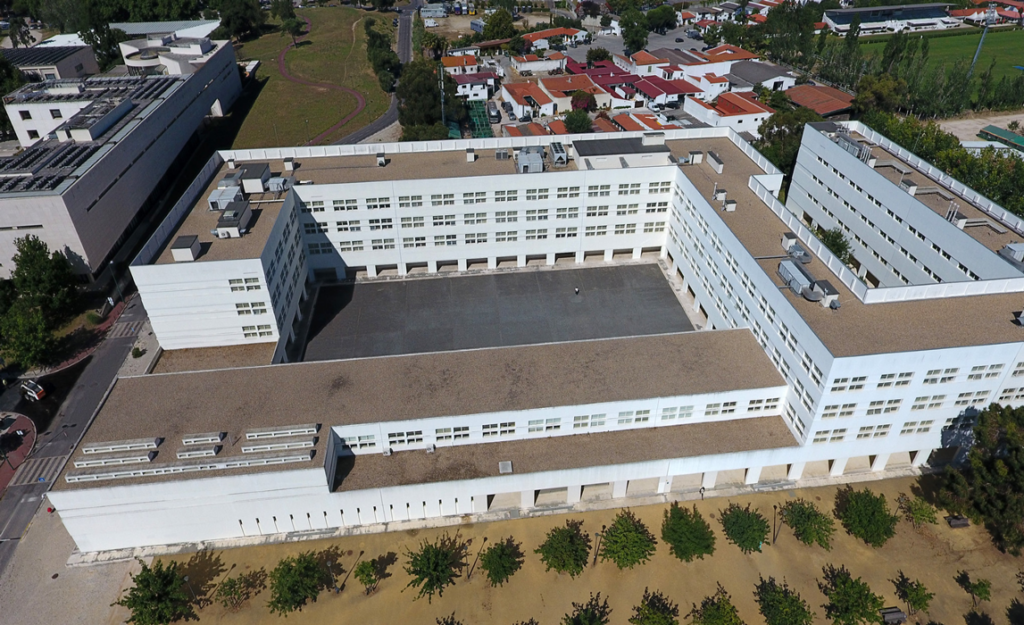
Presenters
Lecture Title: “On Humans and Technology – how we (fail to) perceive the world around us” and “Prototyping Interactive Systems for Healthcare“
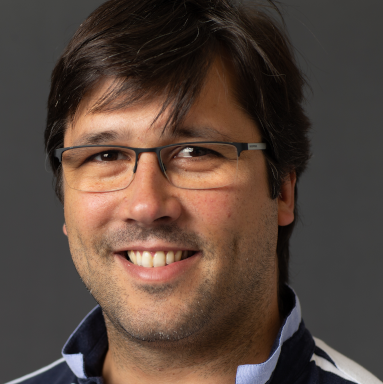
Tiago Guerreiro is a Professor at Universidade de Lisboa (Faculdade de Ciências) and a researcher at LASIGE. His main areas of expertise are Pervasive Healthcare, Mobile, and Accessible Computing. In these areas, he published 100+ peer-reviewed papers, and received awards for 10+ papers and an ACM Best of Computing award in 2016. He is Editor-in-Chief for ACM Transactions on Accessible Computing, was the Web for All General and Program Chair, in 2016 and 2015, respectively, and was ASSETS 2020 General Chair, among many other service roles. He was an invited expert supporting the European Commission in implementing the Web Accessibility Directive. He is the President of his institution’s Ethics Review Board, Vice-Director and past coordinator of LASIGE’s research line on Accessibility and Aging, and Coordinator of the Data Science Master at FCUL. He leads the Tech&People Lab.s.
Lecture Title: Opportunities for Technologies to Enhance the Quality of Life of Stroke Survivors and their Families
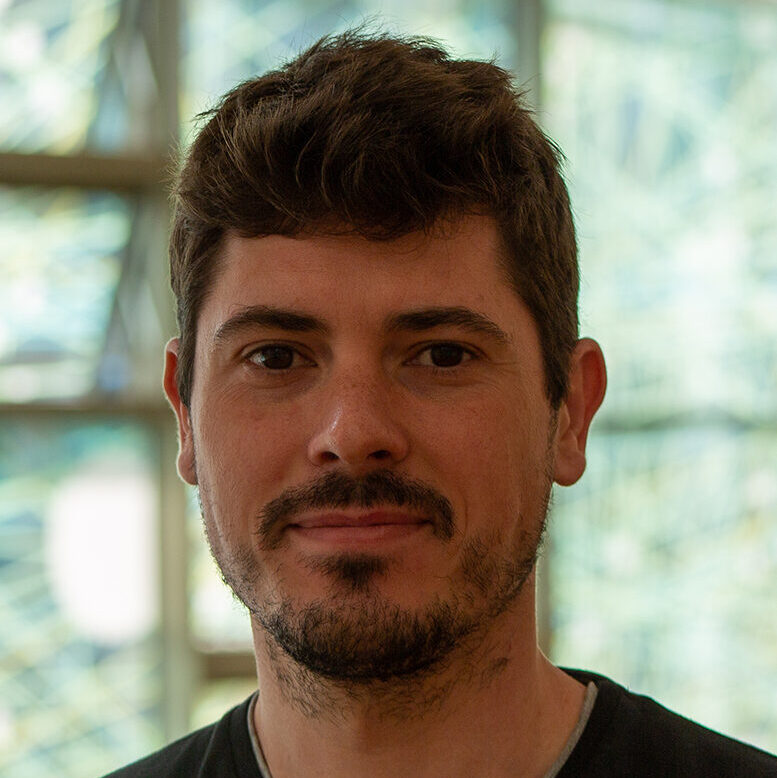
Hugo Nicolau is an Assistant Professor at Instituto Superior Técnico of the University of Lisbon and an integrated researcher at ITI/LARSyS. His research interests include human-computer interaction (HCI) and Accessibility within the field of Ubiquitous Computing, focusing on the design, development, and evaluation of novel inclusive technologies. Hugo’s goals include creating meaningful technologies that empower people with disabilities to address high-impact problems in areas such as education, health, and social exclusion. His research methods extend mostly from the discipline of HCI and are informed by perspectives in design justice, psychology, sociology, and disability studies. His work originated 60+ papers published in many top venues such as CHI, ASSETS, and HRI, from which he received 6 best paper awards. He leads a team on inclusive technologies and is a member of the scientific committee of ITI/LARSyS. Hugo received his PhD in Information Systems and Computer Engineering from the Technical University of Lisbon in 2013.
Lecture Title: Uncovering users’ needs and expectations: qualitative frameworks for the development of user-centered software
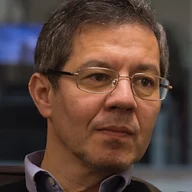
Osvaldo Santos is Assistant Professor at the Faculty of Medicine of the University of Lisbon where he teaches several topics of health psychology and of quantitative and qualitative methods, applied to different areas of epidemiology and health. Osvaldo is also a long-time research fellow of the Institute of Preventive Medicine and Public Health and of the Institute of Environmental Health, both from the Faculty of Medicine of the University of Lisbon. Between 2008 and 2012, he was the scientific coordinator of the National Observatory of Obesity and Weight Control. Within these contexts, he has headed several scientific projects, some of them at international level, in different areas of epidemiology, health psychology and environmental health. He has about fifty relevant scientific papers, some of them in high impact journals (e.g., Lancet, eLife and BMC Geriatrics).
Lecture Title: Usability principles and Heuristics evaluation
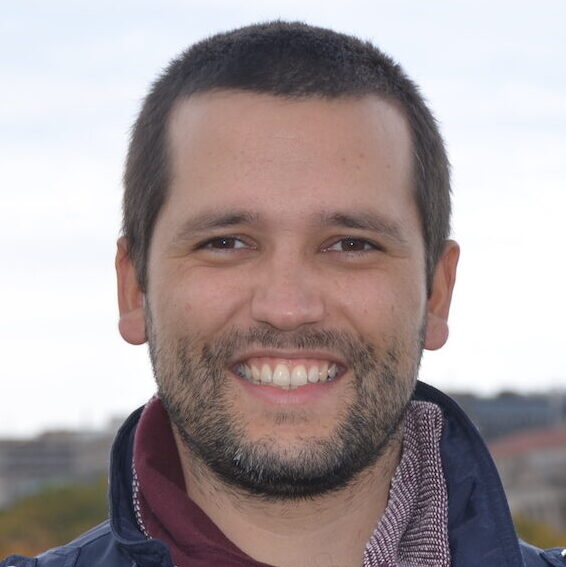
João Guerreiro is an Assistant Professor at Faculdade de Ciências, Universidade de Lisboa. Previously, he was a Postdoctoral researcher at Carnegie Mellon University. He received his PhD with distinction and honour in Information Systems and Computer Engineering from Instituto Superior Técnico, Universidade de Lisboa. His research, in the fields of Human-Computer Interaction and Accessible Computing, aims to improve blind people’s access to the physical and digital worlds using novel non-visual interaction techniques and systems. João Guerreiro publishes his research regularly at the premiere venues in Human-Computer Interaction and Accessible Computing (e.g., ACM CHI and ACM ASSETS).
Lecture Title: Why co-design for health technologies?
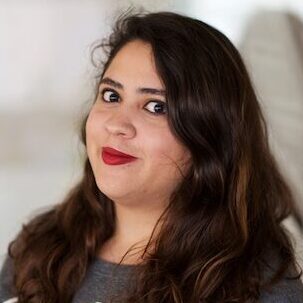
Reem Talhouk is a Research Fellow in Design & Global Development at Northumbria University. Her research has explored the role of technologies in building Syrian refugee resilience in Lebanon, with a focus on access to healthcare and food security. She has conducted research at the intersection of technology and migration in Australia, Europe and the Middle East. More recently her research has focused on decolonial design in humanitarian contexts, digital agricultural livelihoods in Kenya and the use of technologies within/for revolutionary practices. She is the recipient of the 2020 Young Digital Leader award and her PhD research received Newcastle University’s Faculty of Medical Sciences Thesis prize (2020). She is the co-director of the Design Feminisms Research Group, the Design Lead for Northumbria University’s Global Development Futures Group and she is an affiliate of the Center for Research on Population and Health at the American University of Beirut.
Lecture Title: Prototyping for Accessibility
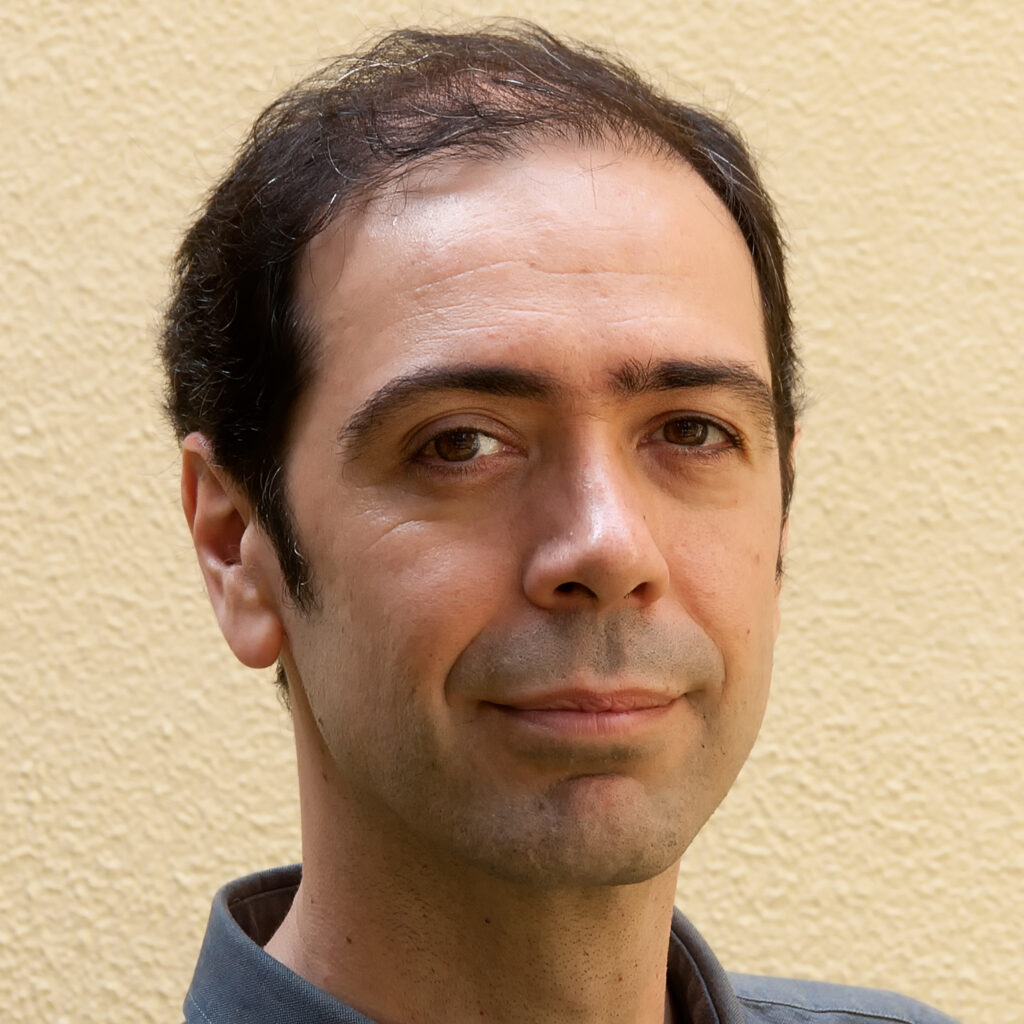
Carlos Duarte is an Assistant Professor at the Faculdade de Ciências of the University of Lisboa and a senior researcher at LASIGE, where he leads the Accessibility and Ageing Research Line. His main research interest is on web accessibility, with emphasis on automated accessibility evaluation mechanisms, but also invested in the design of accessible solutions for different populations and different platforms. Results of his research efforts can be found in QualWeb, a free, open-source, automated web accessibility evaluation engine. He is co-chair of the W3C ACT Rules Community Group where he contributes to harmonised interpretation of accessibility conformance testing. He is part of the W3C EOWG Task Force that is redesigning the curriculum for teaching Web Accessibility. He is a work group leader in the LEAD-ME COST Action where he coordinates the collection of different accessibility resources.
Lecture Title: “Evaluating technologies for healthcare – an overview” and “Dealing with data from a clinical study”
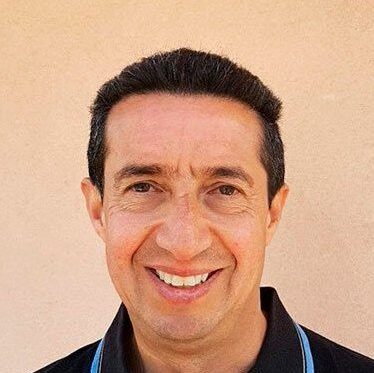
Oscar Mayora is senior researcher at FBK and the head of the Digital Health Lab Unit at FBK Center for Health and Wellbeing and scientific coordinator for the Joint Research Unit between the Trentino Local Health Trust, the Province of Trento and FBK as part of Trentino Salute 4.0 Initiative. He is also an adjunct professor in the Faculty of Cognitive Sciences at University of Trento (Italy) and FH-Burgenland (Austria). He has published over 100 papers in International Conferences and Journals, participated as Guest Editor of special issues of Journals such as IEEE Intelligent Systems, EURASIP Signal Processing, Springer MONET and IMIA Journal on Methods of Information in Medicine in the topic of Pervasive Healthcare. Dr. Mayora has coordinated research projects at National and International level. He has been involved in projects in the topic of pervasive healthcare and assistive technologies sponsored by different funding instruments such as EC FP6, FP7, H2020 and ICT Labs among others with different roles.
Lecture Title: Practical considerations for the development and validation of technology-mediated clinical interventions using virtual reality
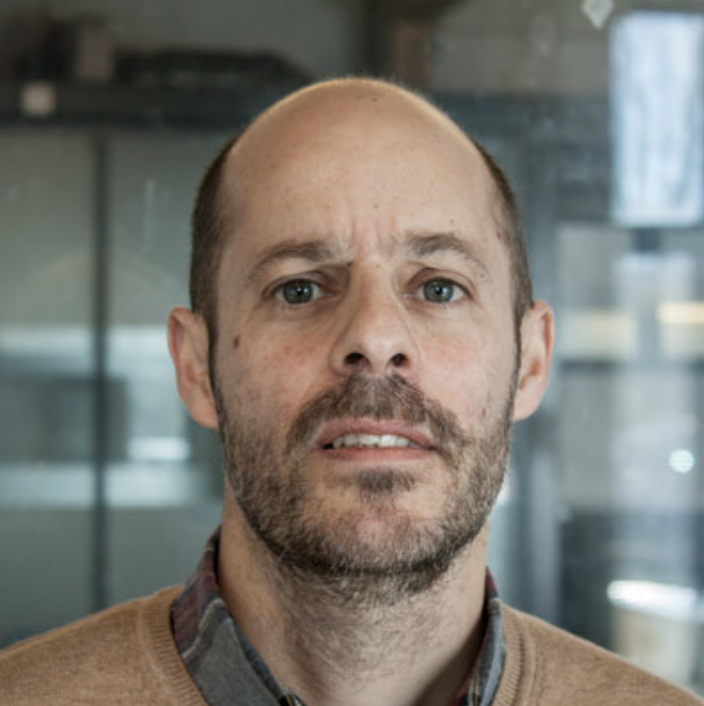
Jorge Oliveira holds a PhD in Clinical Neuropsychology from the University of Salamanca in Spain. Jorge is Associate Professor at Lusófona University, where he is responsible for different Master courses, namely, Applied Neuropsychology, Cognitive Science and Education, being also the director of the Joint Master in Cyberspace Behavior and E-therapy, and the vice-director of the Master’s degree in Cybertherapy and Neurocognitive Rehabilitation, and the Bachelor’s degree in Psychology. Jorge is a researcher focused on the study of serious-games based virtual reality for neuropsychological assessment and rehabilitation at HEI-Lab: Digital Human- Environment Interaction Lab, where he is also member of the direction board. Jorge is on the board of the Ethical and Deontological Committee for Scientific Research (CEDIC) of the School of Psychology and Life Sciences at Lusófona University.
Lecture Title: Informed Consent in Clinical Research
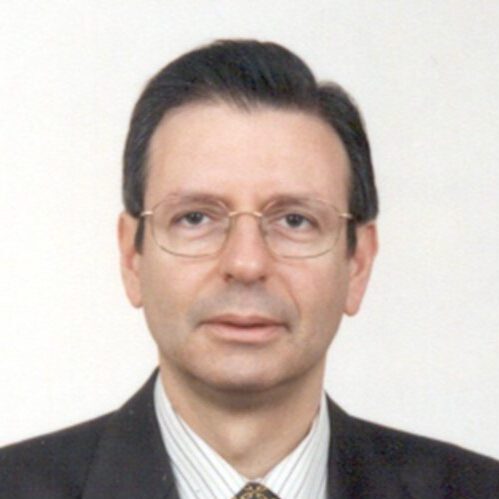
Alexandre de Mendonça graduated from the Faculty of Medicine of the University of Lisbon in 1982 and received the title Specialist in Neurology in 1991. He obtained a PhD in Medicine (Neurology) from the University of Lisbon in 1995, having obtained the degree of Aggregation in Medicine (Neurology) from the University of Lisbon in 2001. He is currently a Coordinating Researcher and Visiting Full Professor at the Faculty of Medicine of the University of Lisbon. His main scientific interests are cognitive decline associated with ageing and the neurophysiological mechanisms of memory. In addition, he participated in and coordinated research projects in fundamental neuroscience and clinical studies in dementia and mild cognitive impairment with more than 200 publications in international peer-reviewed journals (as author and co-author). Alexandre de Mendonça is also a member of the Scientific Committee of the Association of Relatives and Friends of Alzheimer’s Patients, Member of the Dementia and Cognitive Disorders panel of the European Academy of Neurology, Clinical Director of Memoclínica and coordinates the Lisbon center of the European Alzheimer’s Disease Consortium.
Lecture Title: Dealing with data from a clinical study
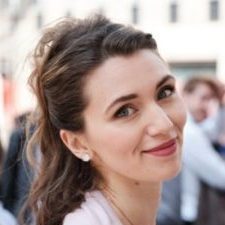
Sara Testa is a Project Manager and junior researcher at the Fondazione Bruno Kessler, Italy, in the Centre for Digital Health and Wellbeing. Her main activities are related to project planning and grant writing as well as project management for European Commission-funded projects (H2020, HEU, Interreg). She holds a Master’s degree in International Relations from Ca’ Foscari University of Venice, Italy. Her research activities focus on privacy and data management issues in the context of digital health.
Lecture Title: Dealing with data from a clinical study
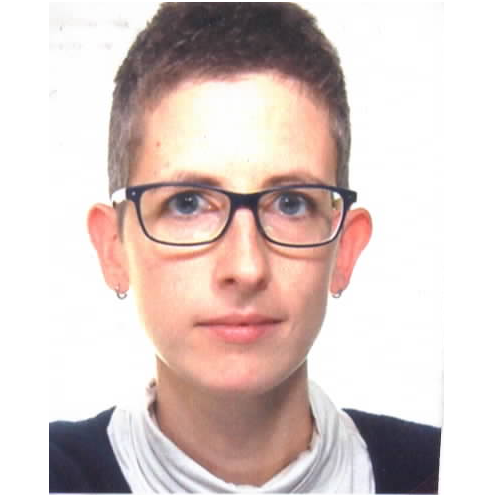
Stefania Poggianella is a Project Manager at the Fondazione Bruno Kessler, Italy, in the Digital Health and Wellbeing centre. She has a background as a health professional. She holds a Master’s degree in Nursing and Midwifery Sciences from University of Verona, Italy. She worked mainly in clinical context, in Italy and in the UK, but also had the opportunity to participate in research projects (epidemiologic studies and analyses of healthcare data) at the department of Clinical and Evaluative Epidemiology of Trento, Italy. She is attending a second level university master course in biostatistic and epidemiology at the University of Pavia, Italy.
Lecture Title: Business Model Canvas Session: know the tool and apply it to your projects
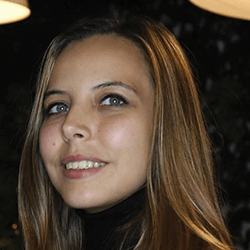
Ana Prata graduated in Health Sciences and then pursued a master’s degree in applied microbiology. She then quickly began to take interest in science monetization, innovation and technology impact on society, and these areas ended up being the beginning of her first start-up. Since then, the bridge between science and business innovation led her to work in areas like healthcare, well-being, and digital solutions. Today, she is a teacher and Coordinator of Innovation, Entrepreneurship and Technology Transfer for Science students of the Faculty of Sciences of University of Lisbon, a partner at Last2Ticket and works as an expert consultant for several companies within the health and food industries. She is also a member of Circular Economy Portugal, a volunteer at the Circular Economy Club Lisbon and an Ambassador of the European Climate Pact.
Lecture Title: Pitch Canvas: know the tool and start preparing your final pitches
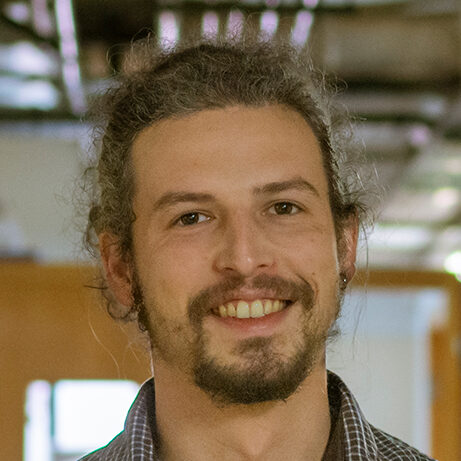
António Lopes Marques started working in the R&D department of Faculdade de Ciências in 2013 to help researchers finding international financing for their projects, among a myriad of other tasks that often involved the management of Ciências’ researchers participation in international cross-sector networks, such as EIT Health. In mid-2017 went to Tec Labs – Centro de Inovação to help in Technology Transfer Management, notably managing the ScienceIN2Business methodology and dealing with Intellectual Property in Ciências.
Round Table on Gender Equality in ICT
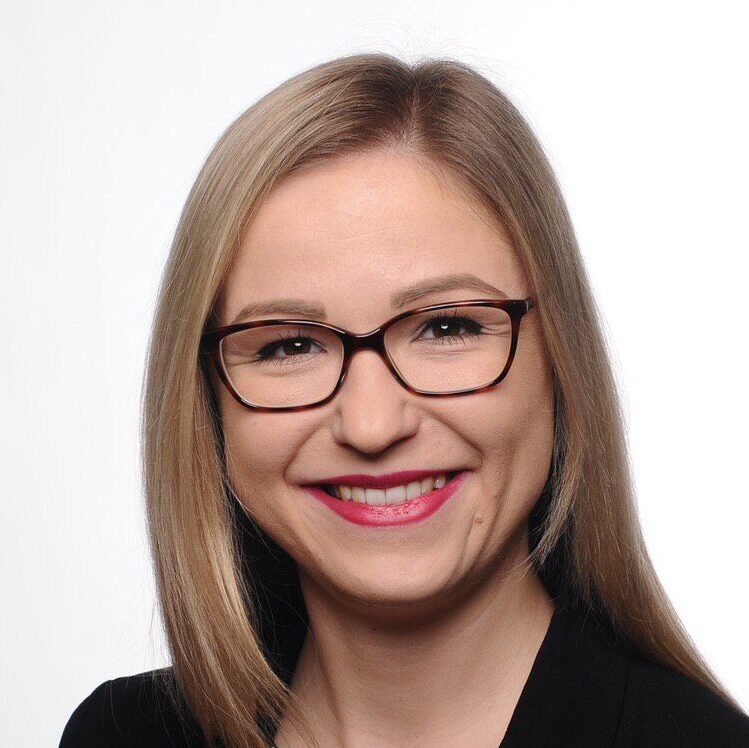
Kristina Kirsten is a research assistant at the Connected Healthcare Group at the Hasso Plattner Institute (HPI) in Germany. She did her bachelor’s degree in International Media and Computing at the University of Applied Sciences in Berlin and her master’s degree in IT-Systems Engineering at the HPI. Over the last three years, she worked in the area of human activity recognition with wearable sensors and indoor localization techniques as part of her dissertation. Furthermore, she has a lot of experience with the topic of mental diseases, especially Obsessive-Compulsive Disorder.
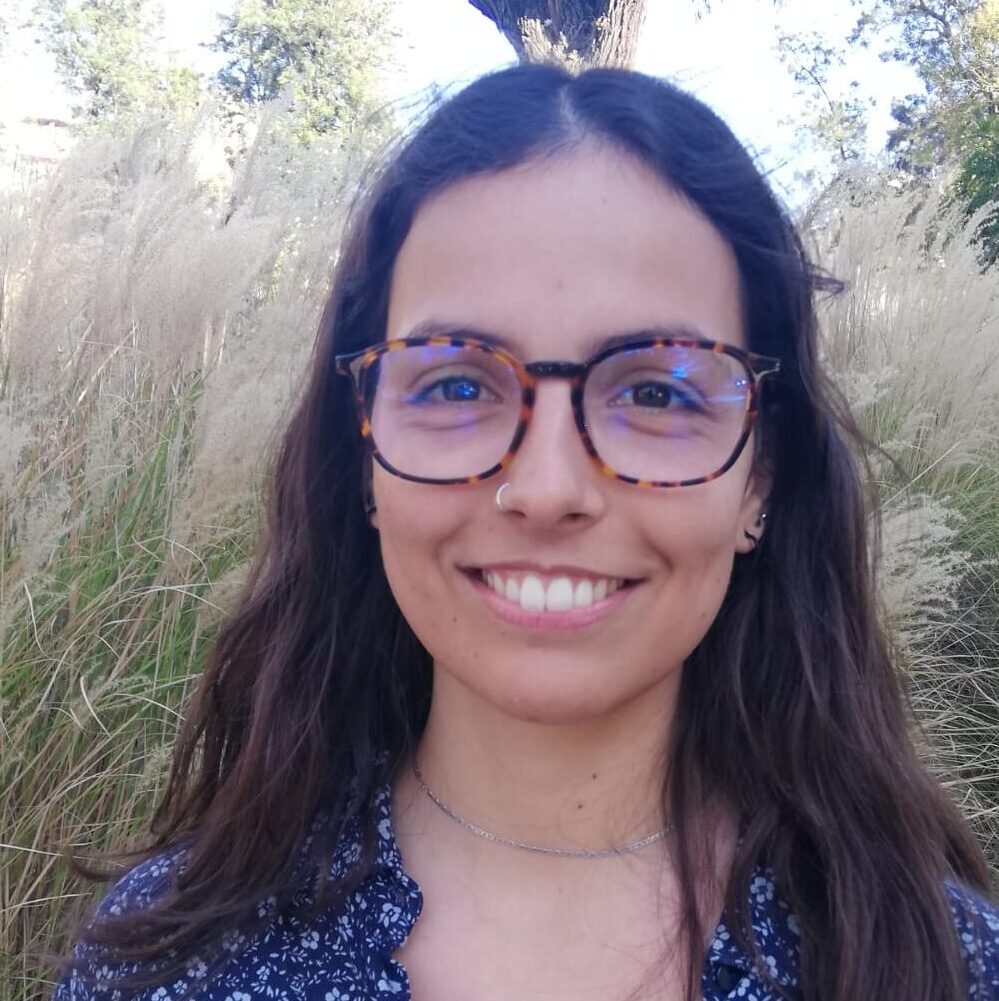
Diana Sousa received a B.S. degree in biochemistry and an M.Sc. degree in bioinformatics and computational biology from the Faculty of Sciences, University of Lisbon, Lisbon, Portugal, in 2017 and 2019, where she is currently pursuing a PhD degree in informatics. Since 2016, she has been a Researcher with the LASIGE, Department of Informatics, Faculty of Sciences, University of Lisbon. Her research interest includes developing text mining systems that aim to extract biomedical information from biomedical literature, mainly focusing on relations between biomedical entities and using deep learning approaches that resort to external sources of knowledge.
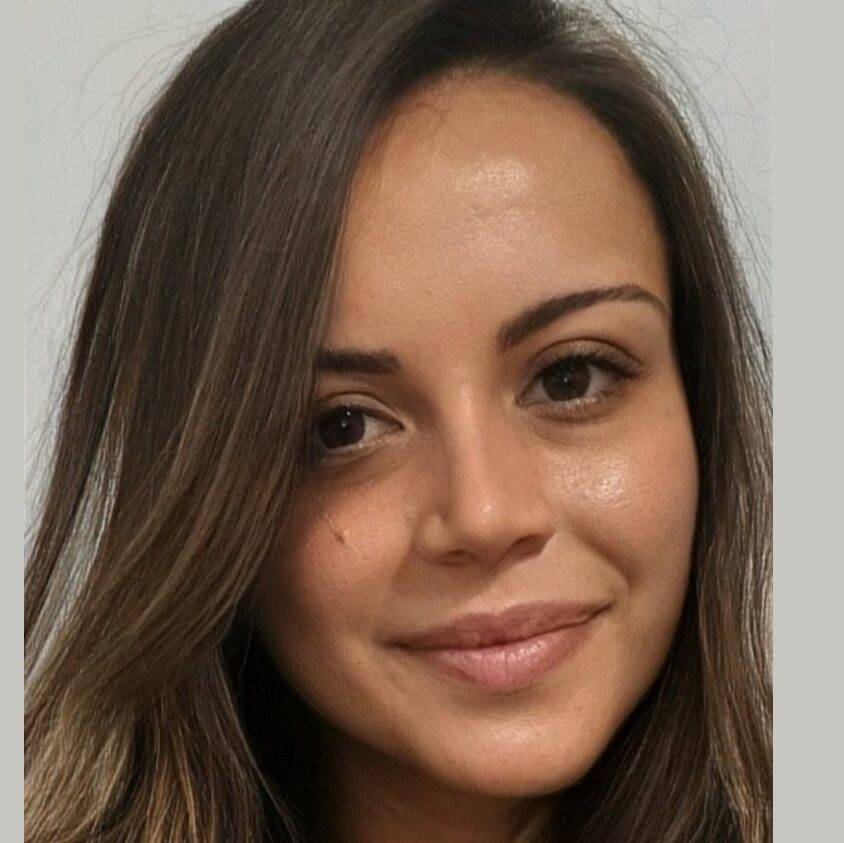
Emilija Kizevska is a researcher and PhD candidate at the Jozef Stefan Institute in Ljubljana, Slovenia. She finished her bachelor’s and master’s studies at the Faculty of electrical engineering and information technologies at the Ss. Cyril and Methodius University in Skopje, N.Macedonia. During her master’s studies, she has a few study visits to Anhalt University of Applied Sciences, Koethen, Germany. She has been a teaching assistant at FEEIT, Skopje, N.Macedonia for 2 years. Her research experience is in the domains of applied Artificial Intelligence and Machine Learning in the areas of Renewable energy and Ambient Intelligence. She has participated in research projects and industrial projects and has been a team supervisor or project team lead in three international competitions in the field of ICT and Robotics. She has held consulting positions across several software companies.
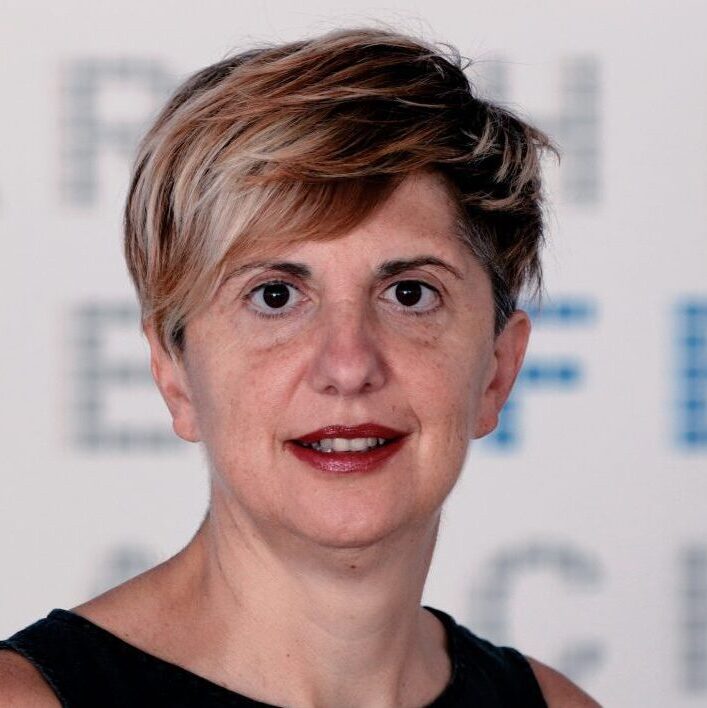
Chiara Ghidini is a senior Research Scientist at Fondazione Bruno Kessler (FBK), Trento, Italy, where she is the head of the Process & Data Intelligence (PDI) research unit and the scientific coordinator of the new centre of digital Health & Well Being. She obtained her PhD in Computer Science Engineering in a joint programme between the Università “La Sapienza” of Rome and the University of Trento. Before joining FBK, she worked as a post-doc at the Manchester Metropolitan University (1998-2000) and as a lecturer at the Department of Computer Science, University of Liverpool (2000-2003). She has been worked on Semantic Web, Knowledge Engineering and Representation, Multi-Agent Systems and Process Mining and specifically on: formal semantics for contextual reasoning and multi-context logics; formal frameworks for the specification of deliberative resource-bounded agents; ontology mappings and integration; collaborative modeling platforms, business process modelling, and predictive business process monitoring. She has also served as programme co-chair for EKAW 2018, ISWC 2019 and BPM 2020 and has been involved in a number of international research projects, among which the FP7 Organic.Lingua and SO-PC-Pro European projects and the current network of Excellence Humane-AINet, as well as industrial projects in collaboration with companies in the Trentino area. Currently, she is vice-president of AIxIA, the Italian Association for Artificial Intelligence.

Tiago Guerreiro is a Professor at Universidade de Lisboa (Faculdade de Ciências) and a researcher at LASIGE. His main areas of expertise are Pervasive Healthcare, Mobile, and Accessible Computing. In these areas, he published 100+ peer-reviewed papers, and received awards for 10+ papers and an ACM Best of Computing award in 2016. He is Editor-in-Chief for ACM Transactions on Accessible Computing, was the Web for All General and Program Chair, in 2016 and 2015, respectively, and was ASSETS 2020 General Chair, among many other service roles. He was an invited expert supporting the European Commission in implementing the Web Accessibility Directive. He is the President of his institution’s Ethics Review Board, Vice-Director and past coordinator of LASIGE’s research line on Accessibility and Aging, and Coordinator of the Data Science Master at FCUL. He leads the Tech&People Lab.s.
Pitch competition Jury
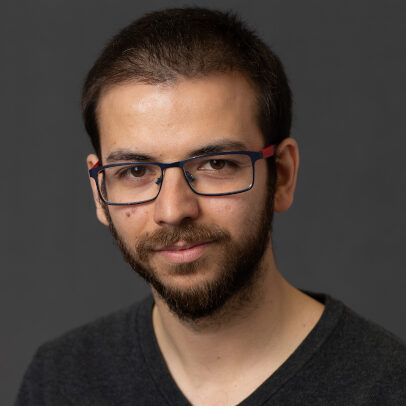
André Rodrigues is a Computer Science researcher focused on Human-Computer Interaction (HCI) with a particular interest in how technology can and is leveraged in accessibility, health, and gaming. He received his PhD with distinction and honour in January 2020 in Informática from Faculdade de Ciências da Universidade de Lisboa with the topic Human-Powered Smartphone Assistance for Blind People. For the last eight years he has dedicated himself to learn, design, develop and evaluate mobile services, applications and platforms for a variety of contexts (e.g. people with visual and/or motor impairments, people experiencing homelessness, people with Parkinson’s Disease), always working closely with and/or within the communities he engages with. André is currently a Researcher at LASIGE leading research into Inclusive Gaming and leveraging Text-Entry as a Digital Endpoint.

António Lopes Marques started working in the R&D department of Faculdade de Ciências in 2013 to help researchers finding international financing for their projects, among a myriad of other tasks that often involved the management of Ciências’ researchers participation in international cross-sector networks, such as EIT Health. In mid-2017 went to Tec Labs – Centro de Inovação to help in Technology Transfer Management, notably managing the ScienceIN2Business methodology and dealing with Intellectual Property in Ciências.
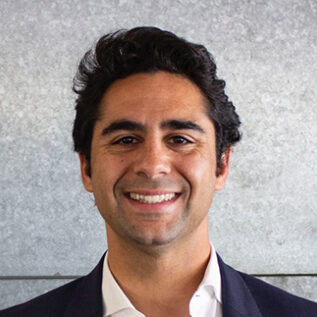
David Magboulé. With a degree in Biology from the University of Nottingham, David has 15 years of international experience in the Health sector (Pharma, Medical Devices, Biotech) in Marketing and Business Development positions. He has collaborated with companies such as ITF-Farma, Genetrix, Carestream and SonoSite FUJIFILM. For the past five years, he has worked as a strategy consultant for various industries. At the end of 2017, he launched LabToMarket, a one-stop-shop for researchers and start-ups who want to launch their products and services on the market, bringing market know-how and making the strategic bridge between innovators and decision-makers. In addition, he still works with government entities, hospitals and multinationals as a consultant in agile methodologies and open innovation.
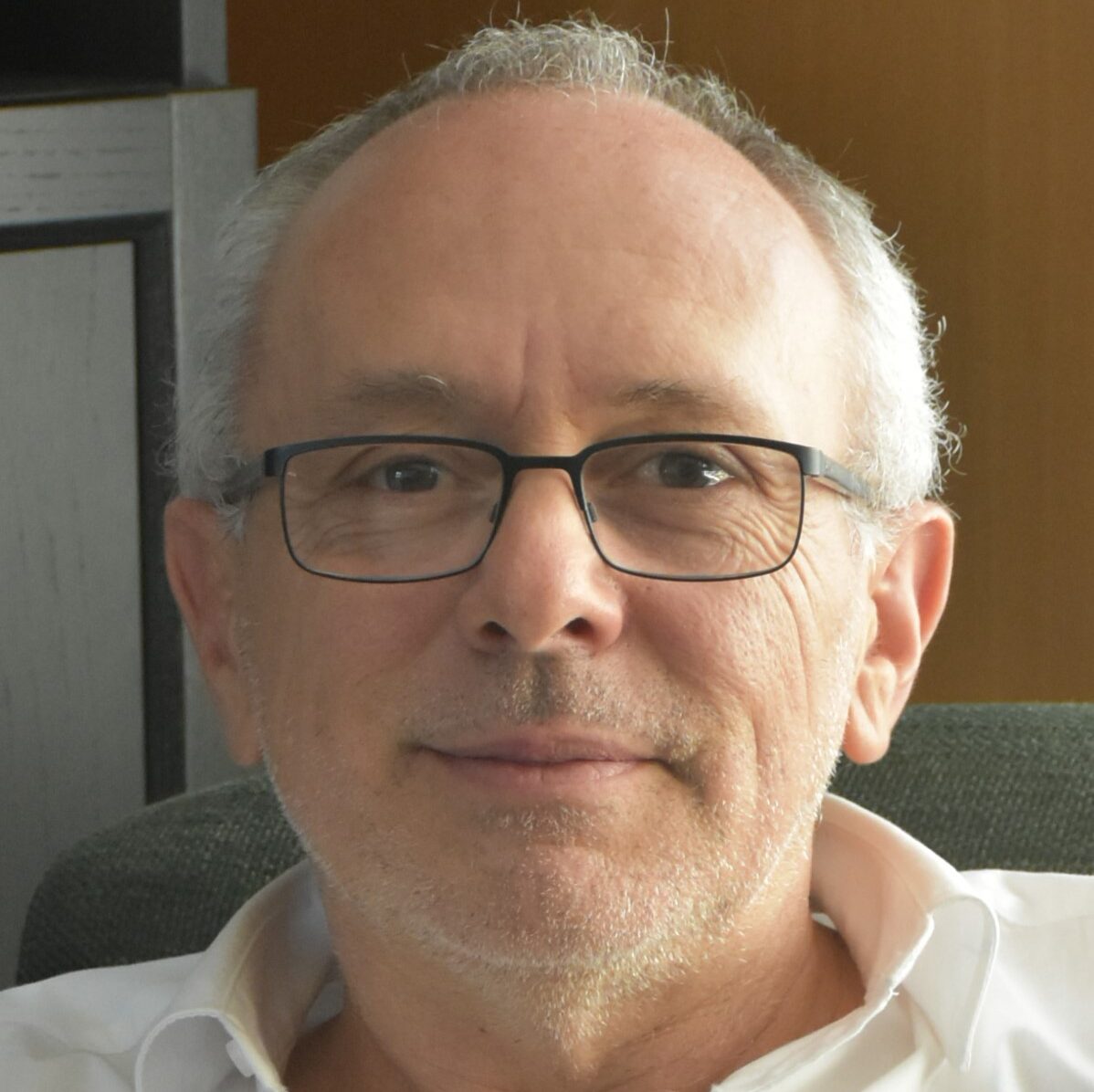
Luís Carriço is Full Professor at the Department of Informatics, of the Faculty of Sciences of the University of Lisbon. He is currently Dean of this Faculty, since 2018. He was director of LASIGE, and he is currently a senior member of this research unit. He holds a PhD (2000) in Electronic and Computers Engineering, from the Technical University of Lisbon, and a Habilitation in Informatics, from the Faculty of Sciences of the University of Lisbon. His main research focus is on extreme human-device interaction, for health, accessibility, and emergency scenarios. He has published over 200 refereed technical/scientific papers and book chapters, mostly addressing mobile design and support for cognitive impairments and mobile and web accessibility. He was general and program chair of several top-level conferences, such as IUI, W4A, MobileHCI and CRIWG. He coordinated and participated in several research projects in those areas, including EU funded (e.g., ACCESSIBLE, GUIDE, AGEISM, ASTARTE, WAI-tools, SONAAR, WeHealth), national government funded (e.g., InSiThe, QualWeb, mIDR, FoodParenting), and industry funded, national and international (e.g., S4S, UXREC, IDEA-FAST). He was appointed for the evaluation of EU project proposals, and ongoing projects, on the e-Inclusion area, including those in ICT and Ageing and e-Health. He was appointed as one of the evaluators the Greek Research Units in Computer Science (2014). He has founded BoomUX (2010), a company in digital accessibility and user experience.
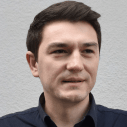
Hristijan Gjoreski is an Assistant Professor at UKIM. He finished PhD at Jožef Stefan Institute at 2015 in Ljubljana, Slovenia. In 2017 was visiting researcher at the University of Sussex, United Kingdom. His R&D experience is in the domains of Computer Science, Artificial Intelligence and Sensor data-analysis. He participated in numerous international and industry projects. He has more than 70 conference publications, and 13 international journal articles, of which 10 with impact factor. He has more than 1047 citations and h-index of 19 based on Google Scholar. He is a co-inventor of one international and two Slovenian patents. He received 2 best paper awards and has received the award “Best Young Scientist” for 2016 from the President of the Republic of Macedonia. He has won 3 Activity Recognition challenges: EvAAL 2013, – Valencia, Spain; International EMTEQ AR Challenge – London, United Kingdom; International competition ChallengeUP Multimodal Fall Detection – Budapest, Hungary.
Doctoral Colloquium Jury
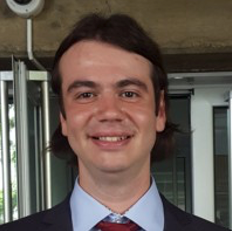
Valentin Rakovic currently holds the position of associate professor at the Faculty of Electrical Engineering and Information Technologies (FEEIT), Ss. Cyril and Methodius University in Skopje. He is the Head of the Laboratory for Wireless and Mobile Networks at the Faculty of Electrical Engineering and Information Technologies (FEEIT), Ss Cyril and Methodius University in Skopje. During 2019 he worked as a researcher at the College of Computing, Georgia Institute of Technology, USA. His research work focuses on the areas of optimization theory, signal processing, radio environment modeling and virtualization, prototyping of wireless networking solutions as well as machine learning for wireless networks. He has (co-)authored more than 70 publications in international conferences and journals. He has been awarded four times for the best paper/demo awards on renowned conferences in the area of wireless communications. He is an IEEE Senior Member.

João Guerreiro is an Assistant Professor at Faculdade de Ciências, Universidade de Lisboa. Previously, he was a Postdoctoral researcher at Carnegie Mellon University. He received his PhD with distinction and honour in Information Systems and Computer Engineering from Instituto Superior Técnico, Universidade de Lisboa. His research, in the fields of Human-Computer Interaction and Accessible Computing, aims to improve blind people’s access to the physical and digital worlds using novel non-visual interaction techniques and systems. João Guerreiro publishes his research regularly at the premiere venues in Human-Computer Interaction and Accessible Computing (e.g., ACM CHI and ACM ASSETS).
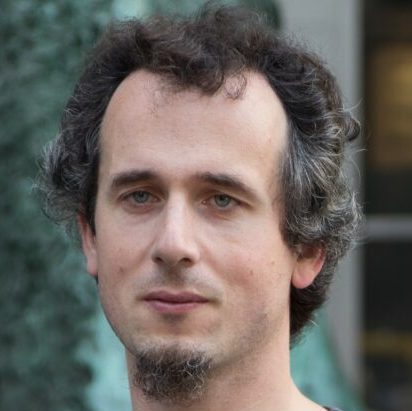
Mitja Lustrek is the Head of the Ambient Intelligence Group at the Department of Intelligent Systems at Jožef Stefan Institute, Ljubljana, Slovenia. He has received his PhD degree from the Faculty of Computer and Information Science of the University of Ljubljana. At that time, his work focused on heuristic search algorithms. Later, he worked on text mining, bioinformatics and other topics. Most of his career, though, his main research interest has been the interpretation of sensor and other health-related data using machine learning. He has been the principal investigator in numerous international research projects developing personal health systems and similar. He teaches ambient intelligence at Jožef Stefan International Postgraduate School. He has also served as the chair of the Slovenian Artificial Intelligence Society for two terms, and is a member of several programme committees of international conferences.

Oscar Mayora is senior researcher at FBK and the head of the Digital Health Lab Unit at FBK Center for Health and Wellbeing and scientific coordinator for the Joint Research Unit between the Trentino Local Health Trust, the Province of Trento and FBK as part of Trentino Salute 4.0 Initiative. He is also an adjunct professor in the Faculty of Cognitive Sciences at University of Trento (Italy) and FH-Burgenland (Austria). He has published over 100 papers in International Conferences and Journals, participated as Guest Editor of special issues of Journals such as IEEE Intelligent Systems, EURASIP Signal Processing, Springer MONET and IMIA Journal on Methods of Information in Medicine in the topic of Pervasive Healthcare. Dr. Mayora has coordinated research projects at National and International level. He has been involved in projects in the topic of pervasive healthcare and assistive technologies sponsored by different funding instruments such as EC FP6, FP7, H2020 and ICT Labs among others with different roles.
Organizing Committee

Tiago Guerreiro
Professor at Universidade de Lisboa (Faculdade de Ciências) and a researcher at LASIGE.
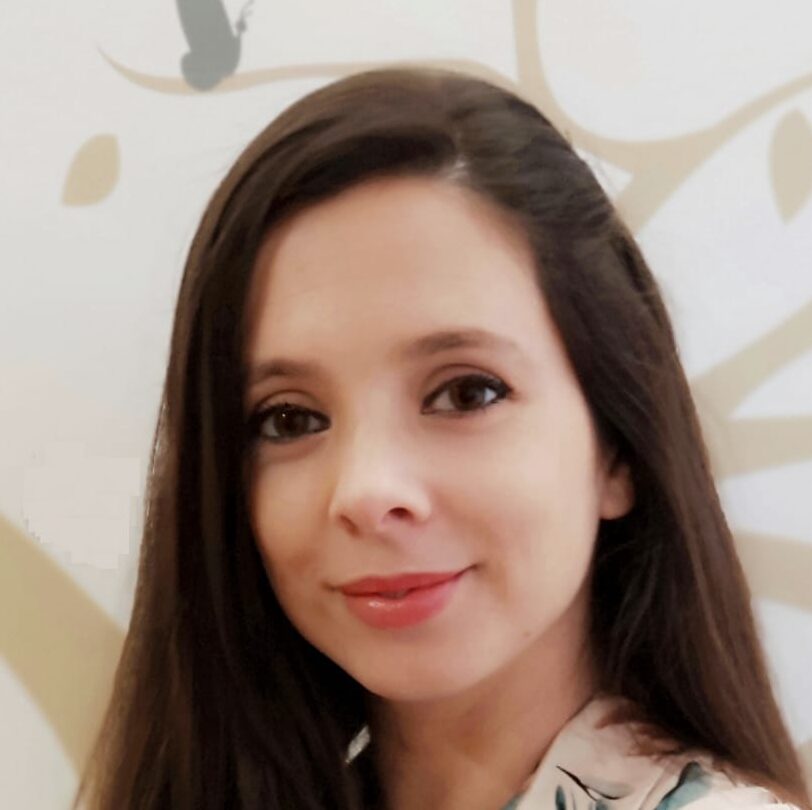
Filipa Brito
Assistant Researcher at LASIGE and PhD Student.
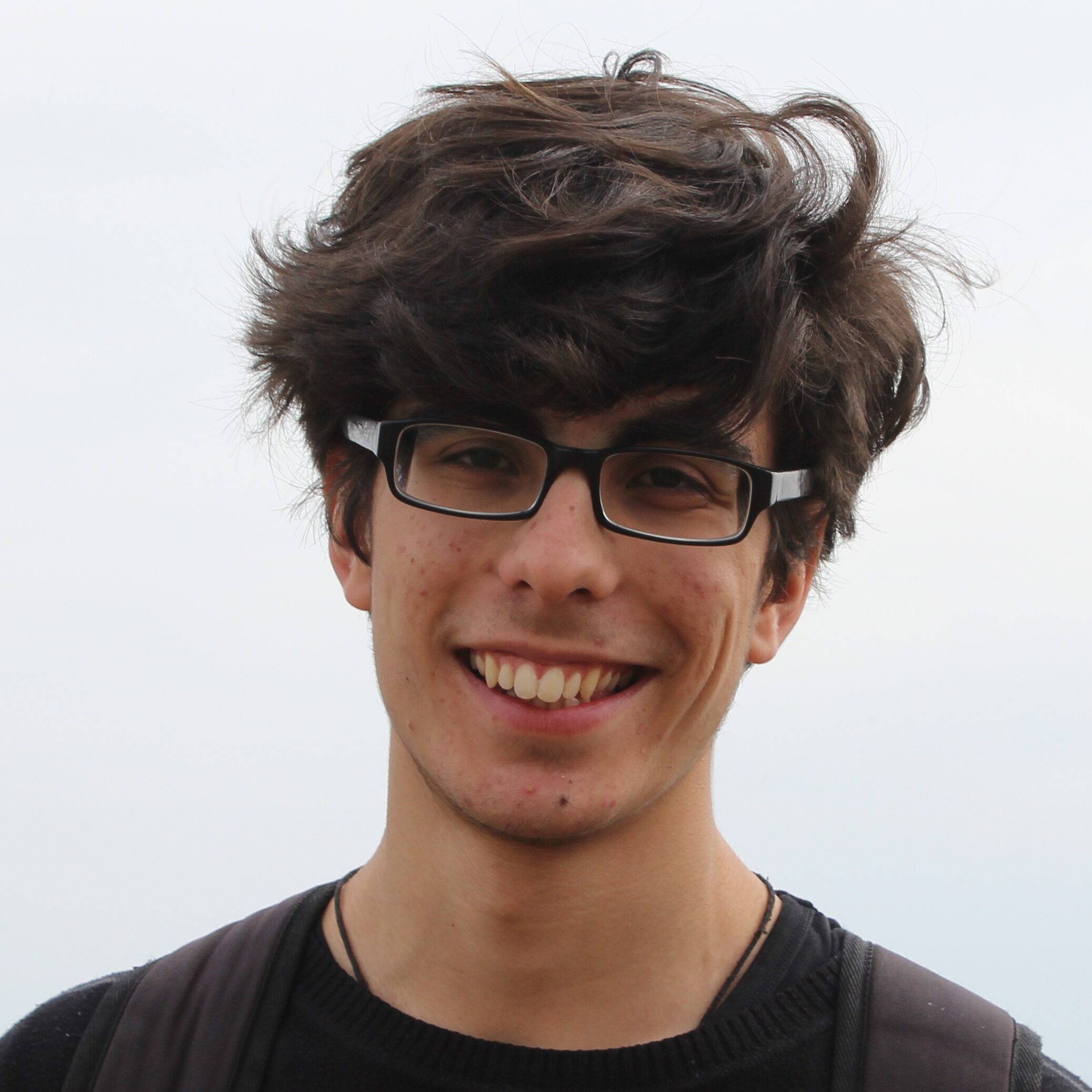
David Gonçalves
PhD Student at LASIGE, Faculty of Sciences, University of Lisbon.
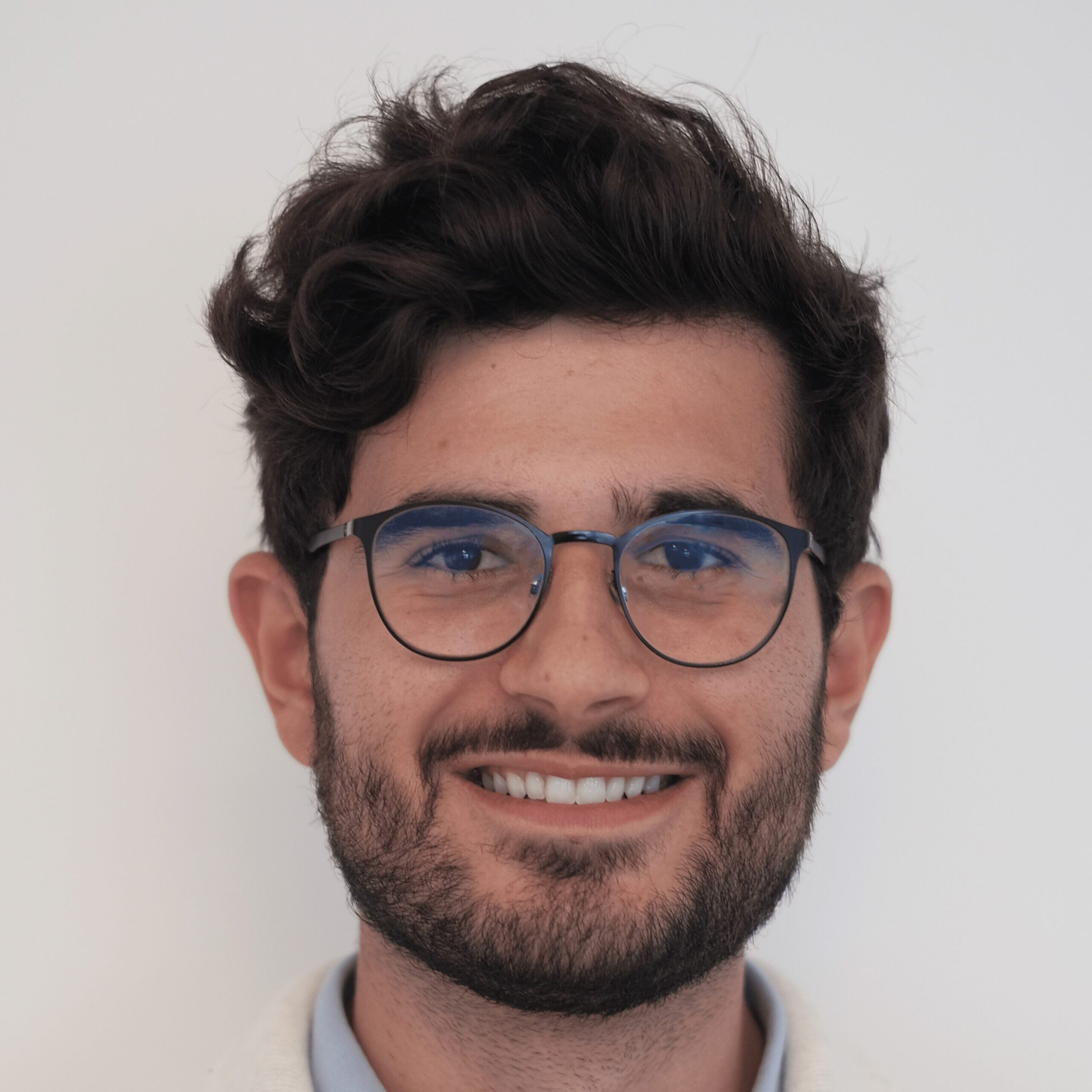
Ruben Branco
PhD Student at LASIGE, Faculty of Sciences, University of Lisbon.
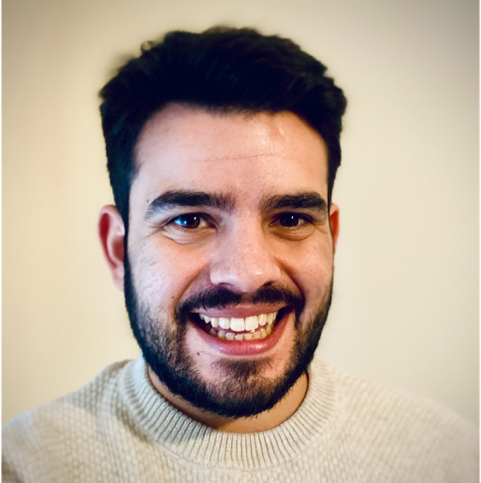
Diogo Soares
PhD Student at LASIGE, Faculty of Sciences, University of Lisbon.
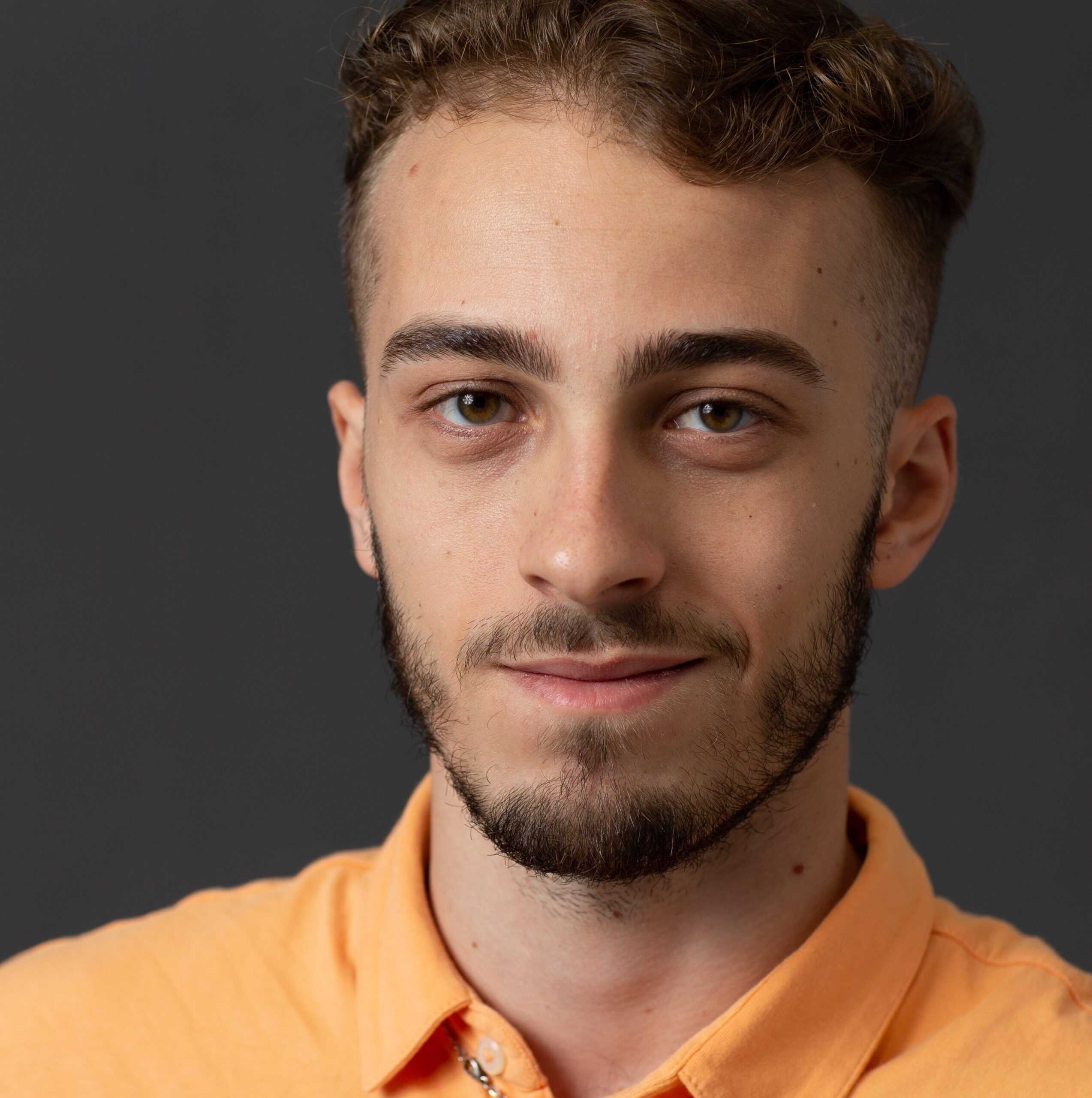
Diogo Branco
PhD Student at LASIGE, Faculty of Sciences, University of Lisbon.
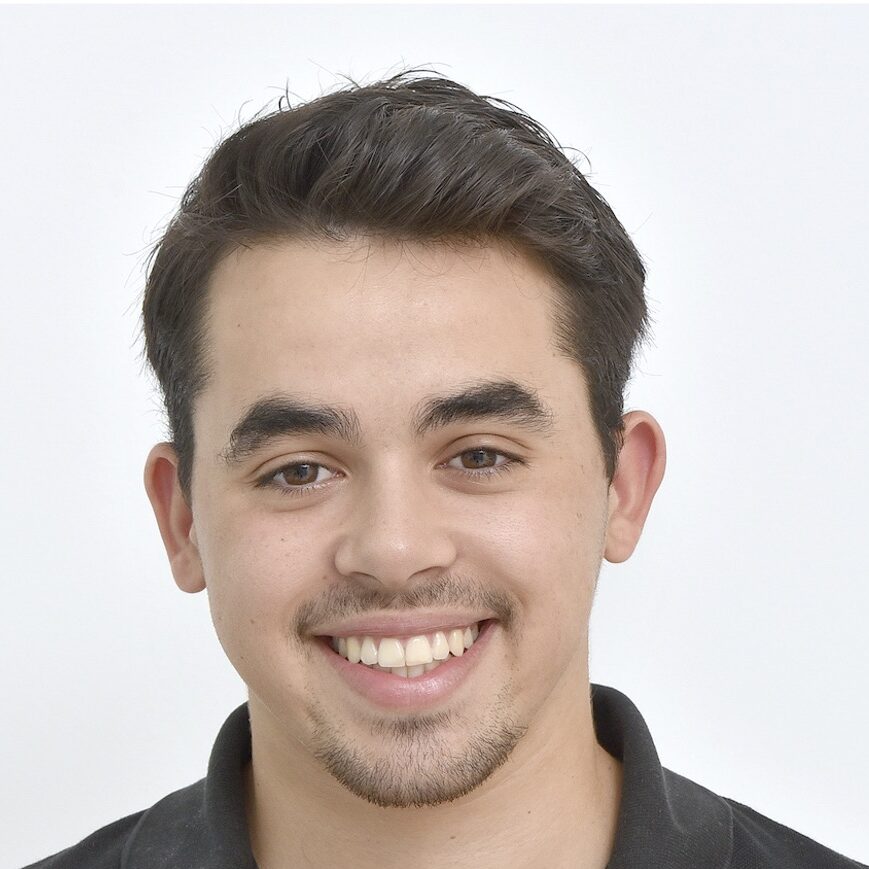
Ricardo de Carvalho
Junior researcher at LASIGE, Faculty of Sciences, University of Lisbon.
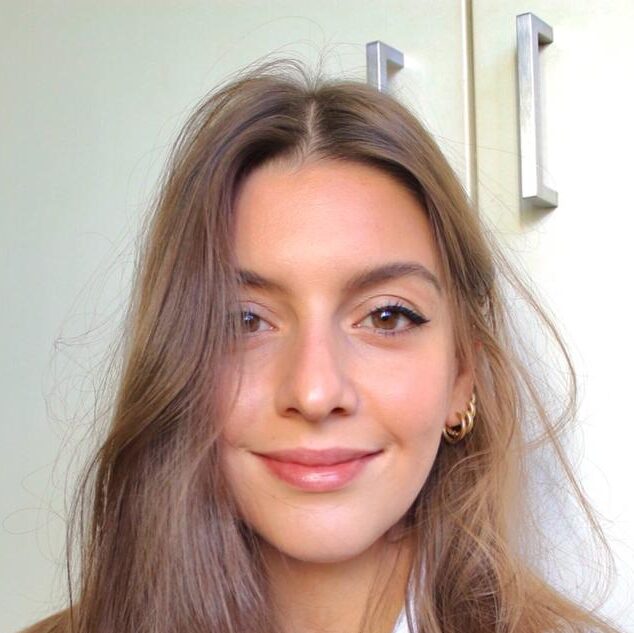
Eleonora Auletta
PhD Student at LASIGE, Faculty of Sciences, University of Lisbon.
